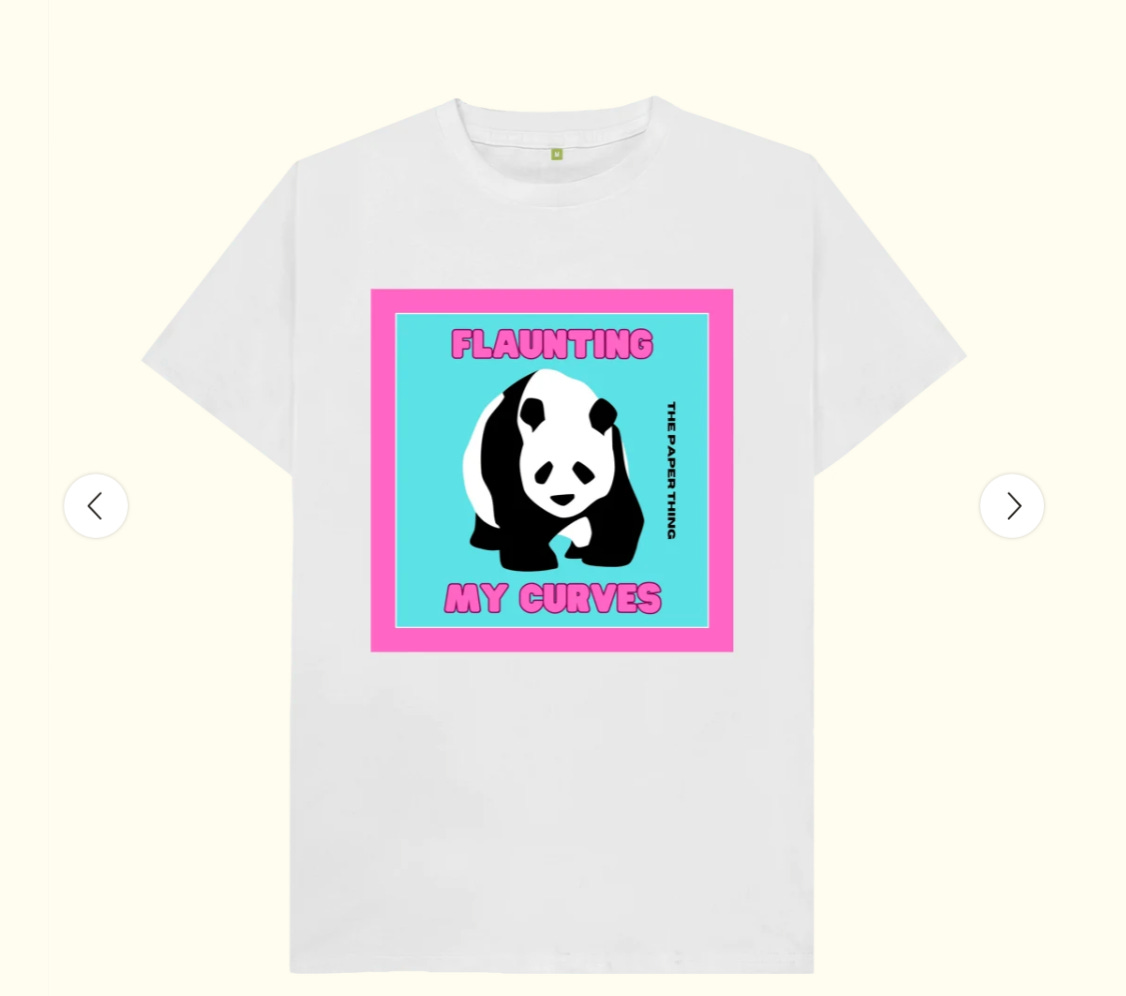'Substack pundit'
Establishment media, sneering, and the power of platform snobbery.
Previously: Emeritus Grise.
Rupert Murdoch has 'retired'. Translation: He's going to interfere with the editorial line of his newspapers, radio stations, and TV channels even more.
A brief note:
If you like this newsletter, consider upgrading to a paid subscription. Editions like the previous one on Rupert Murdoch actually cost money to make as I tend to purchase research material and the newsletter in general has an ongoing cost (subscriptions to publications and archives) beyond the hours I work.
I’m also adding this note today as the two editions on Russell Brand generally led to positive feedback but also 12 unsubscribes.
The first time I became really aware of how much the masthead mattered compared to my personal voice as a writer was when I left Q magazine after 9 nerve-shredding months. I went instantly from someone who played a role in getting new acts into the pages of a major music title to… some freelancer.
The need to have a publication behind you isn’t so strong in 2023 as it was in 2010, but I still need to work with places like Perspective and Byline Times on some of the work I produce; both because I appreciate the support of editors and because the more investigative and confrontational pieces I write for the latter require legal, financial, and editorial support that I don’t have access with this newsletter.
On the other hand, writing for you here has far fewer restrictions in terms of tone, topic, and approach than I would have contributing to any newspaper or magazine. Building an audience has also led to me being able to find and break stories in other places because people approach me. I write about topics here in a way that a lot of readers have told me makes it easier to understand where I’m coming from; I’m not pretending to have an artificial (and impossible) ‘objectivity’ or pulling my punches.
Substack Is a Scam in the Same Way That All Media Is
– Eric Levitz, Intelligencer, New York magazineSubstack: the future of news – or a media pyramid scheme?
The company says it’s creating a viable alternative for readers and writers – but is it trying to have its cake and eat it?
– Oscar Schwartz, The Guardian, April 2021Substack Is Now a Playground for the Deplatformed
The company’s CEO says the old way of social media is broken—but is his alternative much different?
— Chris Stokel-Walker, Wired, November 2021The ‘rise’ of Substack has produced plenty of establishment media pieces either sneering at or patronising people who make all or some portion of their living through writing newsletters. I’ve written for The Times, The Guardian, Wired, The Daily Telegraph and The New Statesman — and currently write for Perspective and Byline Times — as well as holding staff roles at Stuff, Q, and The Next Web over my 20-year career in journalism, but the quick hit on me now is that I’m “just a guy with a blog”.
It’s a common way to dismiss people who’ve built their own audiences through things like Substack and there was a glaring example last week when the New York Times ran a review of Freddie deBoer’s book, ‘How Elites Ate The Social Justice Movement’.
Sam Tanenhaus, the former editor of the NYT Book Review, writes:
“I care very deeply about making your $5 a month or $50 a year the best value I can,” the prolific, born-to-the-medium blogger and self-described Marxist Fredrik deBoer recently assured his “47K+ SUBSCRIBERS,” admirers and hate readers communally pulled in by his belligerent candor, scathing wit and self-exposure.
Or is it exhibitionism? More than a few scribbling bros have been prospering on Substack, but leave it to deBoer, in the “spirit” of “achieving the transparency necessary for gender equity,” to post images of the invoice records for the $135,000 he would be paid up front for “my deal with Substack.”That’s a lot of sneering in two short paragraphs. What’s wrong with deBoer making it clear to people who pay for his writing that he wants them to feel it’s valuable? There’s a tendency in newspaper and magazine offices — especially at ‘prestige’ publications such as The New York Times — to treat readers with barely concealed disdain. On more than one occasion during my time in newsrooms, editors and contributors talked about readers as “civilians” and outright mocked their letters and comments.
In his brief response to Tanenhaus’ review, deBoer writes:
[He] makes fun of the fact that I say I’m trying to provide value for my paying readers because… well, I’m not sure. I am in fact trying to provide that value. I work for a living, Sam.He goes on to note that he shared details of his Substack deal two years ago in the context of “a loud public controversy where people were calling for transparency” rather than simply to boast. I wonder if Tanenhaus would be willing to share the rate he received for his half-arsed, low-energy hatchet job.
Tanenhaus knows how many subscribers deBoer has — a personal audience rather than one acquired from the reflected shine of a masthead — because Substack shows it publicly. But he writes in a way that implies that deBoer was boasting again. The New York Times is hardly backwards in coming forward when it comes to promoting its achievements and Tanenhaus would love to have so much attention.
The subhead’s derision-drenched description — “Substack pundit” — and Tanenhaus curling his lip to spit about deBoer being “a born-to-the-medium blogger” and “more than a few scribbling bros… prospering on Substack” are all comments designed to dismiss the book without actually having to work particularly hard on engaging with its content. When someone under a newspaper byline makes a big point of calling someone a “blogger”, it’s usually because they can’t bear to admit they are talking about another writer, albeit usually one without the cushion of corporate support.
I come neither to praise nor to bury deBoer but he has written for The Washington Post, New York magazine, The Daily Beast, The Guardian, and New York Times Magazine if you need mainstream clips to consider someone worthy of at least a modicum of respect. Tanenhaus ignores that bibliography because it doesn’t serve his angle — “This guy is just a blogger!” — and acknowledging it would mean his review would have to rise above bile-spitting bitchiness.
In his post, deBoer says he would have preferred someone other than Tanenhaus had reviewed his book having…
… very publicly insulted him on Facebook, and [been] told at the time that it had gotten back to him and he was mad.
Specifically, I said “I wouldn’t have lunch with Sam Tanenhaus if my dick was on fire and he had the last glass of water on Planet Earth.” I admit that’s a little crude, but it doesn’t change the fact that he maybe shouldn’t have been given this task.Another benefit of living under the luxurious canopy of the New York Times masthead is that you can settle scores and face little or no comeback. Tanenhaus can dismiss deBoer as “a Substack pundit” and his editors and much of his audience will just nod.
In an interview with The Daily Beast — back when he was still nestled comfortably in the editor’s chair at the NYT Book Review — Tanenhaus explained what he felt made a ‘good’ book review:
Engagement, narrative drive, the weaving together of description and argument, at least some attention to the prose. I’m not a style fetishist, but I detest verbal automatisms and meaningless stock phrases like “this novel isn’t perfect.” (Is there another one that is?) I am also not a fan of “voice-y” writing, which often strikes me as lazy.“Substack pundit” is a near ‘meaningless stock phrase’; all it means is that the person using it does not want to call their target a writer. But being an independent writer is a much harder job than someone with a regular byline. You start from zero and have to build from there. That’s why deBoer — like me — has to worry about giving his readers value, while Tanenhaus can turn a book review into a vehicle for seemingly getting back at someone for an unkind post years ago.
Still, what can you expect? Tanenhaus is, after all, just a New York Times pundit, right?
Thanks for reading. X/Twitter is one of the main ways people find this newsletter so please consider sharing it there…
… and also think about following me on Threads and TikTok.
Upgrade to a paid subscription to this newsletter, you’ll get bonus editions, and I’ll be able to keep writing these newsletters). It really helps and allows me to spend money. on research and reporting.
House Ad:
You — well, possibly not you but some readers — requested t-shirts and now I have made some. Head here to see the selection.
For full transparency, I make between £2 and £4 on each item.



I enjoyed this. Being a sub of yours has opened my eyes to many new voices.
Why an earth would 12 people unsubscribe after your Brand articles?